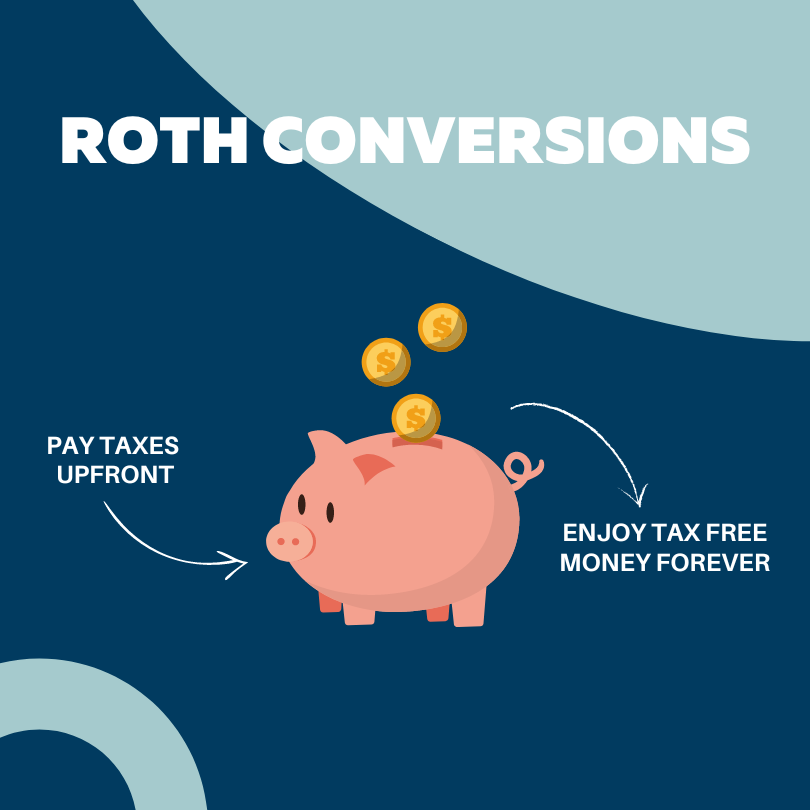
In the midst of market volatility, hidden opportunities emerge – and now might be the perfect time to seize one. Have you considered a Roth IRA conversion? With the right strategy, this move could not only help you navigate uncertainty but also supercharge your long-term financial growth. Let’s dive into why now could be your best chance yet.
Exploring Roth IRA Conversions: A Strategic Opportunity Amid Market Volatility
Why Consider a Roth IRA Conversion Now?
- Market Conditions and Strategy Integration:
- With fluctuating markets, converting to a Roth IRA could be advantageous, especially if your retirement account hasn’t performed well this year. By converting at a lower value, you can potentially pay less in taxes.
- Tax Efficiency:
- When converting funds from a traditional IRA to a Roth IRA, taxes are owed on the converted amount. However, doing this during periods of lower account values means you might incur a smaller tax liability.
Important Considerations for Roth IRA Conversions:
- Tax Obligations:
- Remember that taxes must be paid on the amount converted. Ensure you do not opt to have taxes withheld from the IRA during the conversion, as this could result in penalties if you’re under the age for penalty-free withdrawals.
- Avoiding Penalties:
- Convert the entire balance to avoid early withdrawal penalties. If your IRA custodian defaults to withholding 10% for federal taxes, ensure you have other funds to cover this, or it might be considered an early withdrawal. Also, consider converting a percentage of an account each year, and ensure every dollar you convert goes into the Roth account.
Weighing Roth vs. Traditional IRAs:
- Future Tax Rates:
- If you expect your tax rate in retirement to be lower than your current rate, contributing to a traditional IRA for the tax deduction now and paying taxes later might be beneficial. However, a Roth IRA offers tax-free growth and withdrawals, which can be advantageous depending on your situation.
- Consult with Professionals:
- Engaging with a financial advisor can help determine whether a Roth or traditional IRA aligns best with your financial circumstances and retirement goals.
There are additional rules to keep in mind when contributing to a Roth IRA. Please consult with your tax professional before performing this strategy.
At Thompson Tax Group LLC, we help real estate investors and small business owners stay ahead of tax changes. Contact us today to ensure you’re prepared for 2025 and beyond!
